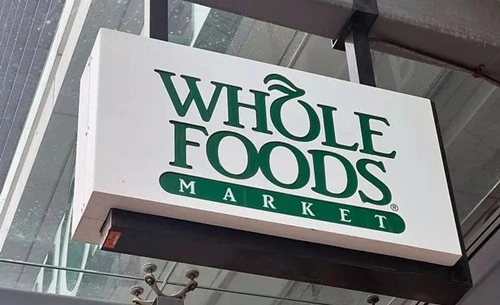Whole Foods is a big store for those organic and healthy products right here in the country, but right now, they’re facing some legal trouble. And in our opinion, as a customer of Whole Foods and as a citizen of this country, you should at least get to know what this matter really is. To brief you just a little bit here, see, there are actually two lawsuits against this company, one is the Whole Foods Class Action Lawsuit, and the other one is related to some money problems. So let’s just discuss both here one by one.

Hot Cocoa Lawsuit, Like, What Really Happened?
Whole Foods sells a bunch of 12-ounce canisters of hot cocoa powder under its 365 brand. When customers opened these canisters, much to their suspicious gaze, an uncomfortable 44% of it was just air. This is referred to in the legal jargon as “slack-fill”; however, in layman’s terms, it puts the customers in the thought of having paid for more cocoa than they actually received.
Those customers from California filed a suit, stating that this representation was deceptive and against consumer laws. While Whole Foods did not admit to any wrongdoing, it did settle out of court.
Here are the key details:
- Who qualifies? Anyone who lives in California and purchased from a store or online, three hundred and sixty-five 365 cocoa canisters each would be eligible for the settlement, anywhere between November 3, 2017, and March 13, 2025.
- Settlement amount: $650,000 total. Out of this, $100,000 is for shoppers who file valid claims.
- Expected payout: About $2.90 to $4.10 per person, depending on how many claims are filed.
- Deadline to claim: Oct 14, 2025.
- Final hearing: Dec 3, 2025.
Whole Foods has additionally consented to mend their wrapping. The canisters will be clearly marked with a fill line so customers can easily gauge the amount of product that is inside.
What’s the Deal with the 401(k) Lawsuit?
The second lawsuit has a different subject matter. This time, the suit deals with money, really, retirement funds of Whole Foods employees being mismanaged through their retirement plan called “Growing Your Future” 401(k).
This was the course of events: Employees alleged that Whole Foods imposed high administrative and recordkeeping fees on the plan. In nonlegal language, the employees felt overcharged for services that should have otherwise been provided more cheaply, and that the company had abdicated its responsibility to monitor the plan’s trustees. That’s a serious charge under ERISA, the law that provides for the protection of retirement funds.
Much as in the cocoa case, Whole Foods settled without accepting any wrongdoing. The $2-million settlement will cover anyone holding an account in the plan from November 6, 2017, through July 24, 2025.
The payout is a straight seller for some. If you are a present employee with money in the plan, you have to do nothing; the share will just hit your account. Easy! Whereas if you happen to be an ex-employee, beneficiary, or someone with a claim on the account, you will have to file a claim by November 21, 2025.
In terms of the payout, they will pay around $666,000 in legal fees, plus around $75,000 in expenses incurred by lawyers. As appreciation, the pay-claimants might each get as much as $5,000. All other monies are paid to eligible employees, depending on how long the employee was in the plan and how much was in their account.
Here’s one little quirky thing: if you are a former employee, and whatever they consider your share would amount to less than $9.99, you won’t get a check. I guess it was felt that it wouldn’t be worth chasing after a few dollars.